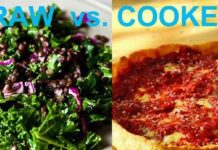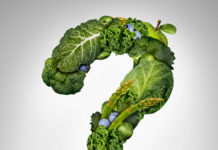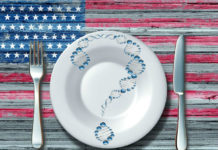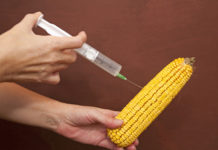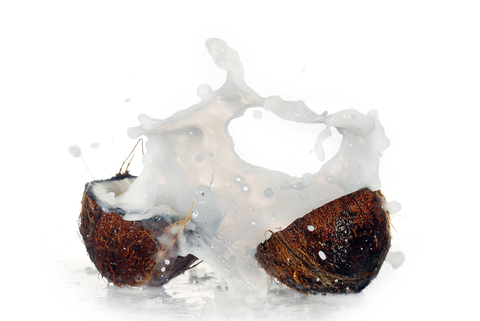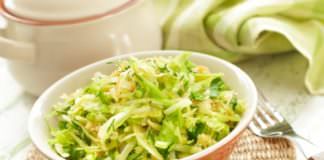by Matthew Monarch, March 2015
Proprietor, TheRawFoodWorld.com
Me and my family drink coconut water continually on an ongoing basis along with vegetable juices. I feel that these are the cleanest most organic liquids, which also supply the human body with microscopic atoms and molecules of nutrition that our bodies are starving for. Refined sugar and processed starches clog up the body, while this type of nourishment regenerates it.
Coconut water has been growing popularity over the past decade due to its nutrient composition and ability to hydrate the body. This is the clear liquid found inside a young, green coconut. It has the same effects as sports drinks, and may even be better. (1) Coconut water sales in the U.S. have jumped from $ 4 million dollars to $40-$60 million dollars annually in the past five years. (2)
Sports drinks contain high amounts of salts, high fructose corn syrup or chemical sweeteners!
From 2008 to 2013, 49.93 million people were regularly consuming sports drinks. (3) This has caused concern for many nutritional experts due to the amount of salt and high fructose corn syrup that are found in these beverages. If your sports drink does not contain high fructose corn syrup it most likely contains a low or no calorie chemical sugar substitute. (1)
How does coconut water actually compare? First, its rich in electrolytes and has been used as an intravenous fluid when managing remote medical emergencies and famine. It has also been used to help those who are struggling with severe dehydration associated with diarrhea. In addition, it is low in acid and has no added sugar. (1)
Coconut water contains five electrolytes: sodium, potassium, calcium, magnesium and phosphorus. There is more potassium in coconut water than found in one banana or 15 sports drinks! Sports drinks contain four times the amount of sodium than fresh coconut water, and have little to no magnesium, calcium or phosphorus. Many athletes are turning away from Gatorade or other sports drinks and turning to coconut water! (1)
Commercial brands are not the same as fresh coconut water — but are still better than drinking soda or sports drinks!
A study tested the effects of sports drinks, Vita-Coco Coconut water and plain water for rehydration of 12 men following a 60 minute treadmill workout. The study concluded that all beverages were capable of promoting rehydration. The study found minimal difference between the three beverages in this sample size. (4)
It’s important to consider that commercial brands sold in the U.S. have a potassium content similar to that coming straight from the coconut, but the sodium content is much lower, averaging 35-60 mg per eight ounces. Gatorade has 70 calories, 19 gram of carbs, 154 mg sodium and 42 mg potassium per serving. The commercial brands are not going to show the same results as fresh coconut water when it comes to rehydration due to the lower sodium levels. (2)
As spring and summer begin to approach, consider drinking coconut water over sports drinks. If you do not have access to fresh coconuts, commercial brands of coconut water contain no artificial sugars, dyes or corn syrup making this a much better alternative to commercial sports drinks.
- http://huffinesinstitute.org/resources/articles/articletype/articleview/articleid/446/natures-gatorade-effectiveness-of-coconut-water-on-electrolyte-and-carbohydrate-replacement
- http://healthandwellness.kaplan.edu/articles/nutrition/Coconut%20water%20-%20Is%20it%20really%20natures%20sport%20drink.html
- http://www.statista.com/statistics/228202/sports-drinks-consumption-usa/
- http://www.ncbi.nlm.nih.gov/pubmed/22257640



